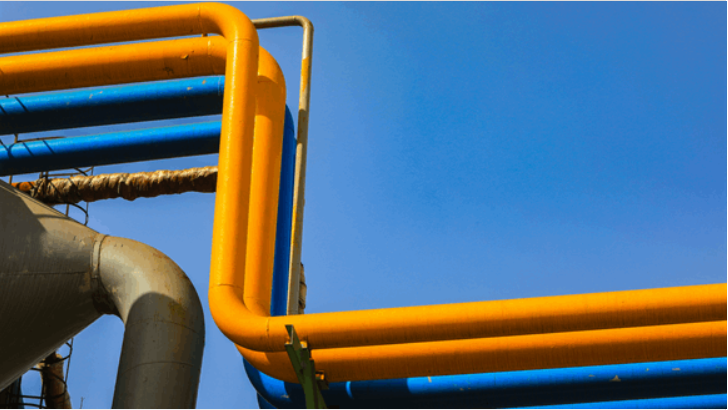

fetching latest news

European natural gas futures dropped to the lowest since the end of July as concerns eased over near-term exports from Russia that travel across Ukraine.

Saudi Arabian Oil Co. (Aramco) has secured agreements with two Chinese refiners laying the groundwork for potential stake acquisitions that would expand the Saudis’ downstream footprint in China.

ONGC sets out aggressive plans to spend about $3.64 billion this financial year as part of government’s drive to reduce oil imports

Suncor Energy could drill up to 16 exploration and appraisal wells in prospective block in Newfoundland & Labrador

China’s President Xi Jinping called for greater efforts to curb carbon dioxide emissions, a signal the biggest polluter won’t backslide on climate targets even as it turns to fossil fuels for energy security.
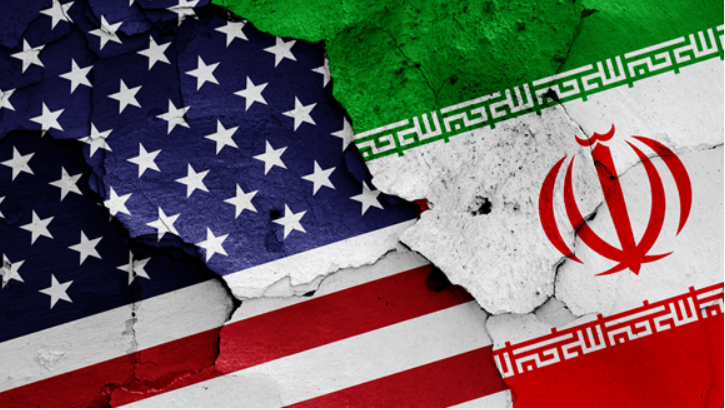
The Head of Geopolitics at Energy Aspects, Richard Bronze, has told Rigzone that he doesn’t see any realistic prospect of the 2015 Iran nuclear deal (the Joint Comprehensive Plan of Action) being restored after the failed negotiations over 2021-22.
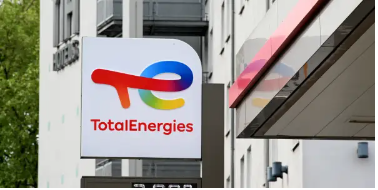
TotalEnergies CEO Patrick Pouyanne defended the firm’s greenhouse gas emissions strategy, saying the company would remain committed to oil and gas for a long time.

Alaska can be a rugged and unforgiving place, and that’s not just its landscape. Its economy is prone to big booms and wrenching busts. Lately, it has seen more busts.
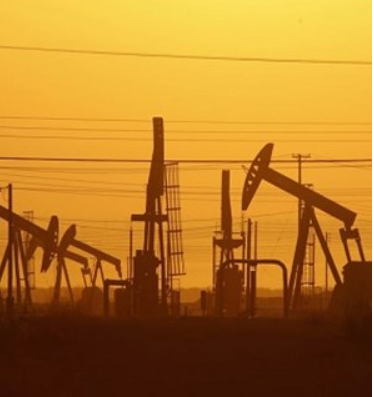
During a meeting held on July 9 in Algiers between Patrick Pouyanné, Chairman and CEO of TotalEnergies, and Toufik Hakkar, Chief Executive Officer of SONATRACH, several agreements were signed to strengthen the cooperation between the two companies in the production of natural gas in Algeria, the delivery of liquefied natural gas (LNG) to Europe, as well as the development of renewables in Algeria.
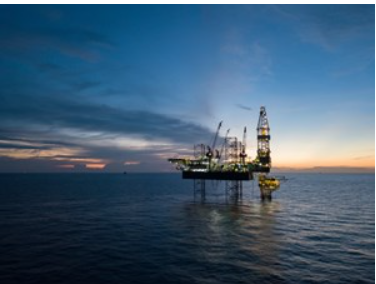
TotalEnergies and its partner SOCAR (State Oil Company of the Republic of Azerbaijan) announced the start of production of the first phase of development of the Absheron natural gas and condensate field in the Caspian Sea, around 100 km south-east of Baku.
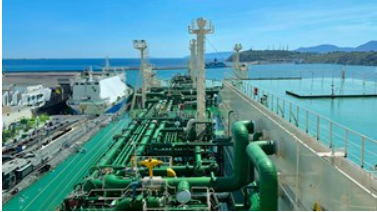
Eni delivered a gas cargo of 90 MMcm to the SNAM regasification terminal in Piombino, Italy, on July 8. Unloading operations took place following the completion of the test phase and mark the beginning of the terminal’s commercial operation.

Valeura Energy shuts in 2400 barrels per day of oil at Wassana after floating storage and offloading vessel hits Calm buoy
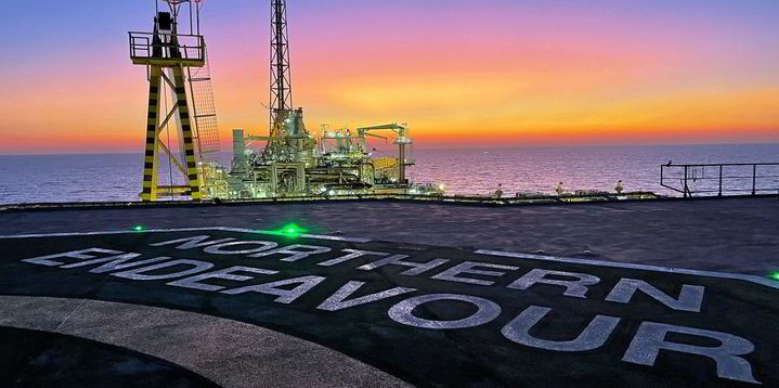
The Australian government has invited proposals from contractors for the next two phases of decommissioning the Northern Endeavour floating production, storage and offloading vessel that has been stranded offshore for years after the operator of the Laminaria-Corallina oilfields went into liquidation.

The US Navy stopped Iranian forces from seizing two oil tankers near the Strait of Hormuz on Wednesday, AP reported, increasing tensions between the countries as they seek to ease relations strained by Iran’s nuclear program and the detention of foreign nationals.

Exxon Mobil Corp.’s ambitious expansion in trading is running into a thorny issue: whether or not to pay traders millions of dollars in performance-related bonuses.
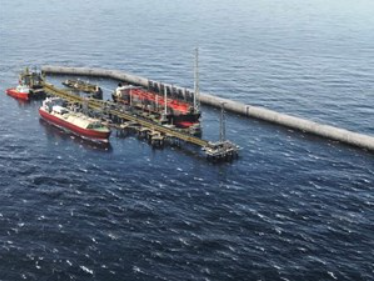
As the first phase of the Grand Tortue Ahmeyim (GTA) gas project reaches 90% completion, and first gas targeted for the end of fourth-quarter of 2023, Mauritania and Senegal are already looking ahead to the next stage, which is expected to commence between 2024 and 2025.
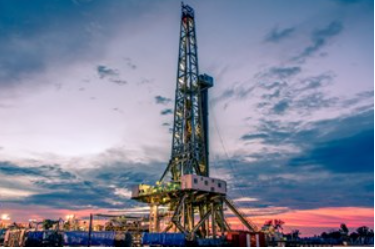
Northern Oil and Gas, Inc. closed its previously announced acquisition of Delaware basin assets from Forge Energy II Delaware, LLC, an EnCap portfolio company, on June 30, 2023.

In an industry first, ABS has published requirements addressing safety and technical standards for floating offshore wind substations.